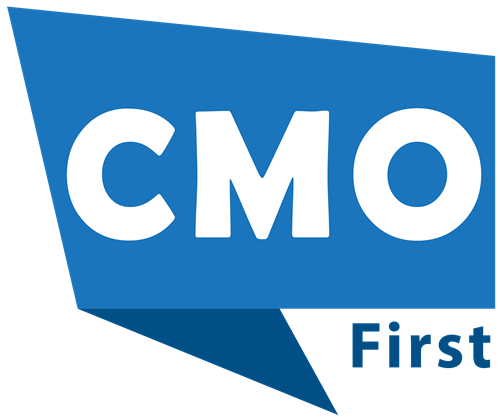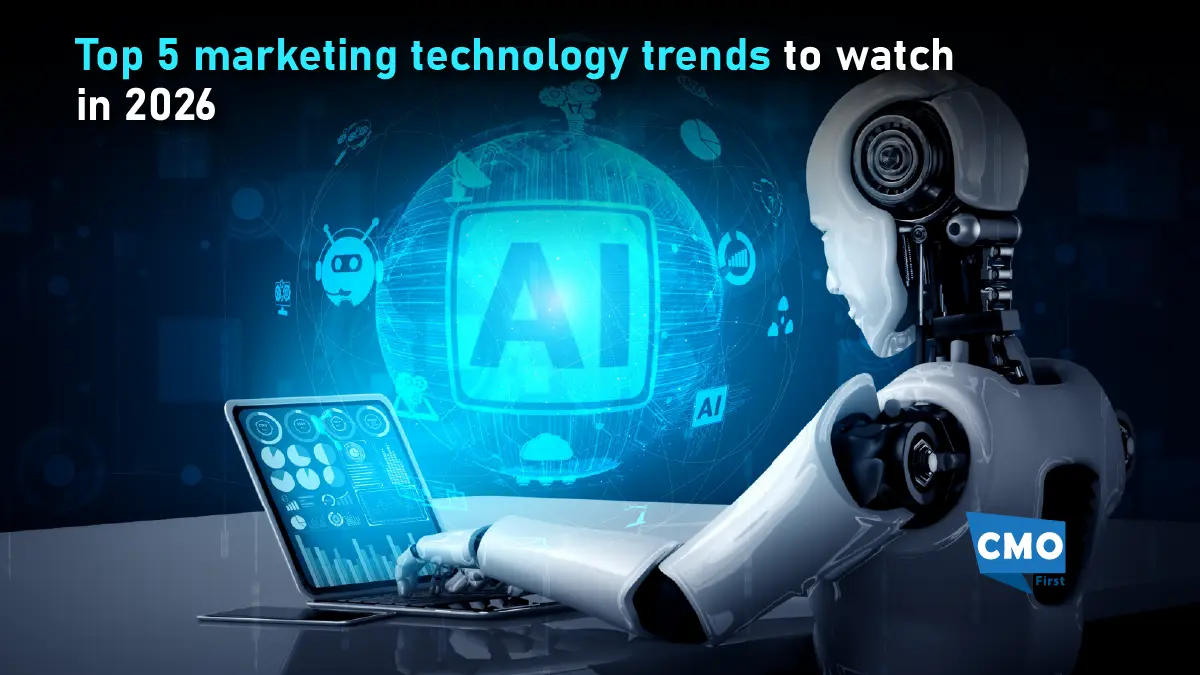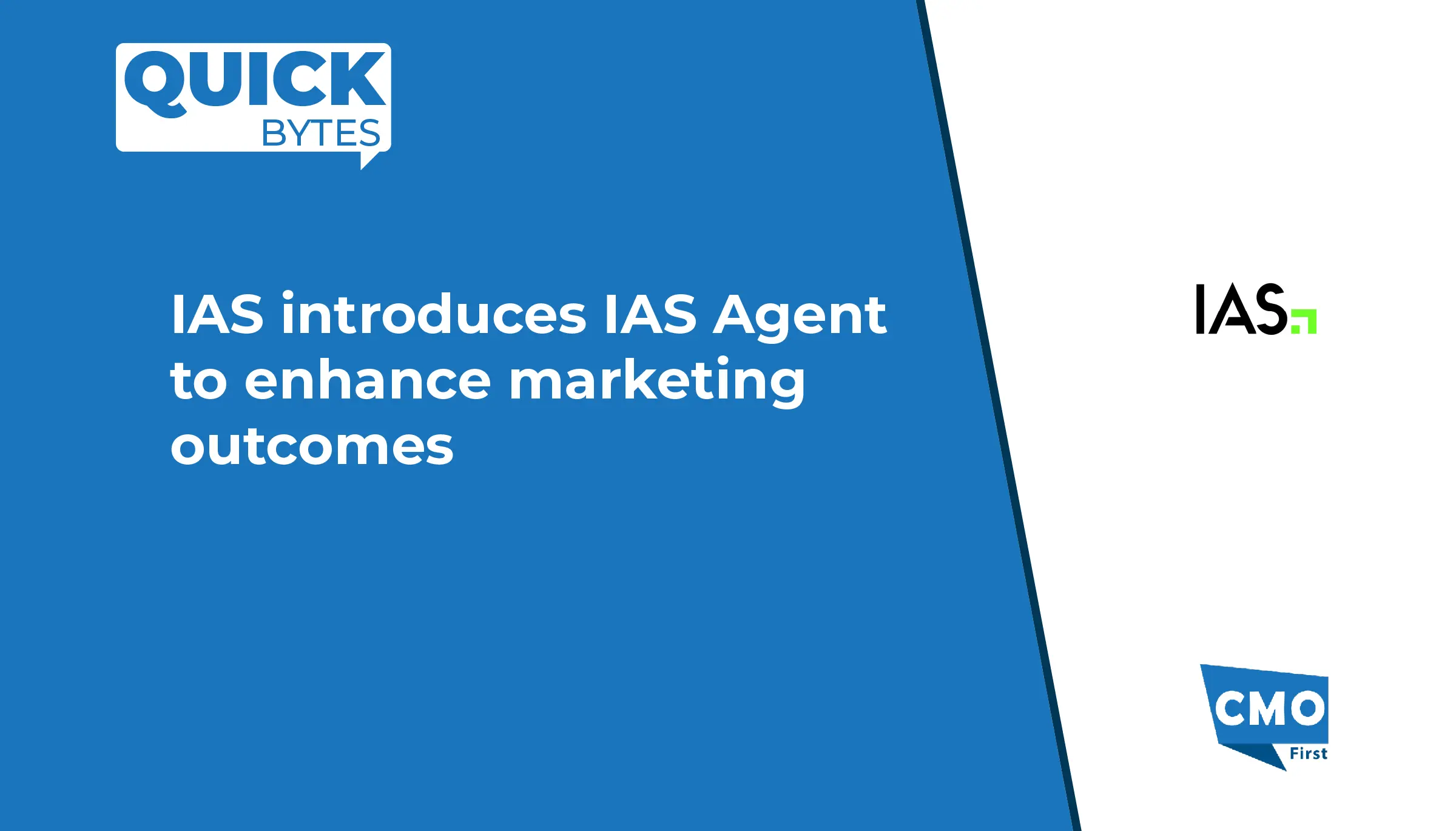In a world where technological developments constantly alter industries, marketing landscape is no special case. To sustain this vigorous environment, organizations’ first priority should be the formation of flexible and resilient marketing teams prepared to handle upcoming challenges and tackle opportunities efficiently. In this case flexibility and resilience goes beyond mere versatility, it involves promoting a culture of learning, innovation, and agility.
This article dives deep into the significance of building flexible marketing teams, the plan of action to attain this goal, and the tools required to future-orient your team in the face of technological evolution.
The Need for Resilient Marketing Teams in 2025 and Ahead
Technologies like artificial intelligence (AI), big data analytics, and automation are changing how businesses connect with their customers. While these innovations bring unmatched opportunities, they also pose crucial challenges:
- Increased Complexity: With various platforms and tools, marketers must manage the growing complexity of dedicated campaigns.
- Rapid Pace of Change: Matching pace with the latest trends, tools, and customer behaviors is a constant challenge.
- Data Overload: The power to inspect and use huge amounts of data efficiently has become a crucial skill.
A resilient marketing team not only models as per these changes but also foresees them, utilizing technology to fuel business success.
Key Elements of a Resilient Marketing Team
- Agility and Adaptability
Resilience begins with the power to pivot instantly in response to changing situations. Agile teams are classified by their capacity to carry out new action plans without losing on productivity. This flexibility is crucial while addressing trends such as voice search, conversational AI, or shifting consumer behavior.
Actionable Insight: Motivate regular training sessions to equip team members on the latest tools and trends, making sure they are leading the way.
- Collaboration Across Functions
In the era of integrated marketing, no department works separately. Flexible marketing teams work flawlessly with sales, IT, and customer service departments to ensure proper orientation.
Example: A close partnership with IT can take care of the smooth inclusion of marketing automation tools, while association with sales can increase lead nourishing processes.
- Commitment to Continuous Learning
Technological advancements require marketers to stay updated and constantly upgrade their skills. A culture of learning not only enhances team performance but also encourages innovation.
Tip: Provide access to online courses, industry conferences, and knowledge-sharing platforms to stimulate professional evolution.
Also Read: Three Key Ways B2B Marketers Can Devise a Data Privacy Marketing Plan
Strategies to Build a Resilient Marketing Team

- Embrace Technology Without Losing the Human Touch
While automation and AI can manage monotonous tasks, the human element remains crucial for creativity, awareness, and building trust.
Statistics to Consider: A 2023 report by McKinsey found that 67% of consumers value customized experiences that depend on emotional intelligence, a proficiency AI cannot replicate.
Implementation Idea: Using AI tools for analyzing data but giving freedom to team members to craft messages and campaigns that connect emotionally with your audience.
- Foster a Culture of Experimentation
Innovation progresses when teams feel motivated to try new ideas without fear. Motivating experimental ideas ensures that teams can recognize what works best in a fast-changing market.
Example: Allot a part of your budget to trial projects that focus on new platforms or innovative campaigning plans.
- Prioritize Emotional Intelligence
Resilient teams exceed not just technically but also emotionally. Emotional intelligence (EQ) helps marketers connect with colleagues and customers, creating trust and collaboration.
Training Suggestion: Organize workshops on attentive listening, resolving conflicts, and proper understanding to upgrade team dynamics.
Technology as an Enabler, Not a Replacement

Technological tools are essential for modern marketing, but their role should be to expand human capabilities, not replace them. Below are some technologies to be taken into consideration:
- Marketing Automation Tools
Platforms like HubSpot and Marketo streamline recurring tasks, authorizing teams to focus on strategizing and creativeness.
- Data Analytics Platforms
Tools like Google Analytics and Tableau provide insights into customer behavior, helping teams make evidence-based decisions.
- Collaboration Tools
Platforms like Slack and Asana facilitate communication and project management, making sure that remote and hybrid teams remain in loop of ongoing processes.
Pro Tip: Review your tech stack on a daily basis to that ensure it aligns with your team’s needs.
Challenges to Overcome
Building a resilient marketing team, while crucial, has its own set of challenges:
Resistance to Change
Embracing new innovations or processes often comes with some degree of push back from team members favoring conventional methods.
Solution: Engage the team early in decision-making processes to promote the sense of possession and in.
- Balancing Creativity and Technology
While technology improves effectiveness, over-reliance can hamper creativity.
Tip: Assign time for open and collaborative discussions where team members can ideate freely.
Real-World Example: Adobe’s Marketing Transformation
Adobe is regarded as model example of achieving resilience and dependability in marketing. After facing decreasing interest in traditional software licensing, Adobe shifted to a subscription-based model. This modification was made possible by a marketing team that embraced data analytics, digital tools, and active collaboration to reshape its strategy.
Key Takeaway:
Adobe’s success highlights the significance of agility, innovation, and a readiness to accept change, hallmarks of a strong marketing team.
Conclusion
Building powerful marketing teams in the midst of technological developments is not a one-time strategy but an on-going process. It requires:
- Dedication towards to constant learning and adaptability.
- Properly planned financing in technology as a facilitator.
- A stabilized approach that values both human creativity and operational; efficiency.
By promoting these qualities, organizations can position their marketing teams to survive in a constantly changing landscape, driving growth and innovation in the coming years.
Actionable Next Step:
Start by evaluating your team’s current abilities and identify gaps. Then, execute training programs and introduce tools that permit your team to stay ahead of technological trends.
The future belongs to those who not only accept change but also turn it into an opportunity. Provide your marketing team with resilience today to secure success tomorrow.
























Leave a Reply